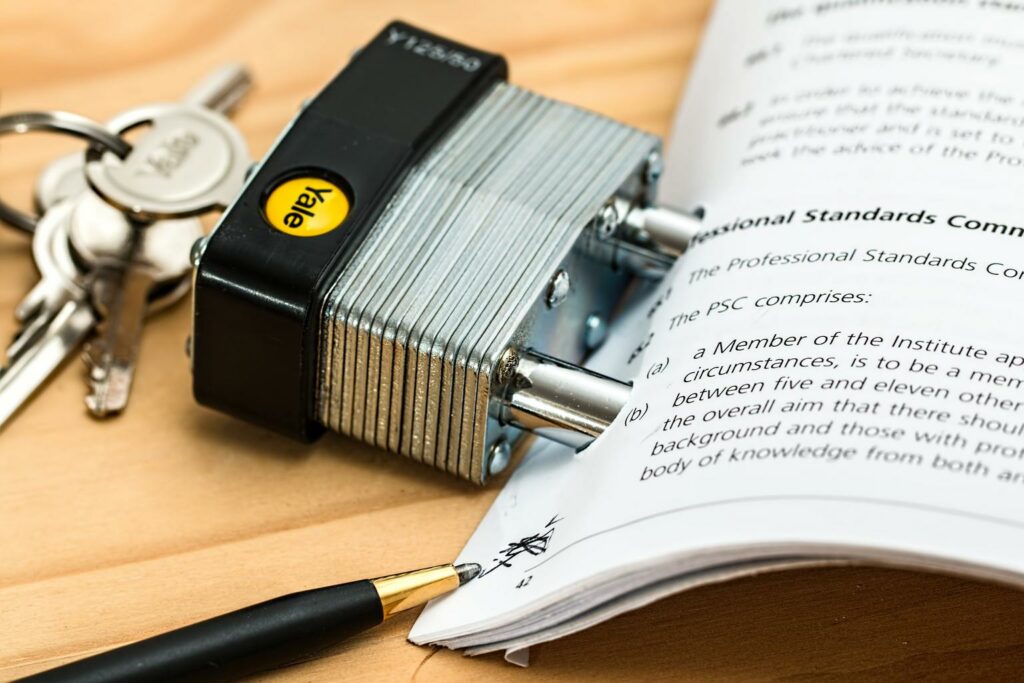
We’ve previously looked at one side of the economic loss doctrine – the bar applicable in a product liability suit when a product causes damage only to itself. Here, we are taking a look at the other side of the coin, i.e., the economic loss doctrine’s applicability when the damages alleged are connected with a contract.
The “economic loss doctrine” may be applied when a party seeks tort damages resulting from a party’s failure to perform a contract. When the harm alleged consists only of the economic loss of a contractual expectancy, the economic loss doctrine may bar a claimant’s tort cause of action. LAN/STV v. Martin K. Eby Const. Co., Inc., 435 S.W.3d 243 (Tex. 2014); Jim Walter Homes, Inc. v. Reed, 711 S.W.2d 617, 618 (Tex. 1986).
There are exceptions. The rule does not bar all tort claims arising out of a contractual setting. Rather, “a party [cannot] avoid tort liability to the world simply by entering into a contract with one party [otherwise the] economic loss rule [would] swallow all claims between contractual and commercial strangers.” Sharyland Water Supply Corp. v. City of Alton, 354 S.W.3d 407, 419 (Tex.2011). Accordingly, a party appropriately states a tort claim when the duty breached is independent of the contractual undertaking and the harm suffered is not merely the economic loss of a contractual benefit. See LAN/STV, 435 S.W.3d at 242-43; Southwestern Bell Tel. Co. v. DeLanney, 809 S.W.2d 493, 494-95 (Tex.1991). The Court must determine the source of the duty and the nature of the wrong to determine whether the underlying claim sounds in tort or contract. Id.
The Texas Supreme Court considered the application of this rule in Chapman Custom Homes, Inc. v. Dallas Plumbing Co., 445 S.W.3d 716 (Tex. 2014). There, the plaintiff alleged that the builder contracted with Dallas Plumbing to furnish all necessary plumbing labor and materials for the new house. Dallas Plumbing allegedly failed to install the hot water heating system properly, resulting in water flooding the house and damaging the structure. The pleadings claimed that Dallas Plumbing’s negligent failure to properly join the water system to the hot water heaters was a proximate and foreseeable cause of the water damage to the new house. The Court of appeals applied the economic loss doctrine to bar the water damage claim, but the Texas Supreme Court reversed.
The Supreme Court found that the plumber’s duty not to flood or otherwise damage the house was independent of any obligation undertaken in its plumbing subcontract with the builder, and the damages allegedly caused by the breach of that duty extend beyond the economic loss of any anticipated benefit under the plumbing contract. Accordingly, the economic loss doctrine did not stand as a bar to the claim.
Other theories that preclude application of the economic loss doctrine despite the existence of a contract include allegations of breach of fiduciary duty, fraud, fraudulent inducement, tortious interference with contract, nuisance, wrongful death claims related to loss of support from the decedent, business disparagement, and certain statutory causes of action. Sharyland Water Supply Corp., 354 S.W.3d at 418-19.
